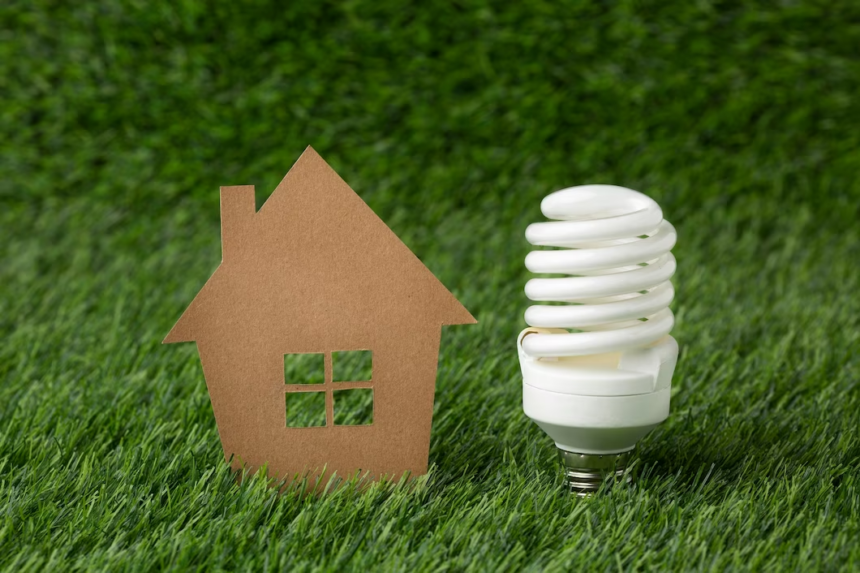Title: Saving on Home Energy: Tips for Energy-Efficient Living
Introduction: In an era of rising energy costs and growing environmental concerns, saving on home energy has become a top priority for many homeowners. Adopting energy-efficient practices not only helps reduce your carbon footprint but also saves you money on utility bills. In this article, we will explore a range of practical tips and strategies to make your home more energy-efficient, allowing you to save both resources and money.
- Invest in Energy-Efficient Appliances: One of the most effective ways to save on home energy is by investing in energy-efficient appliances. Look for appliances with the Energy Star label, as they are designed to use less energy without compromising performance. Energy-efficient refrigerators, washing machines, dishwashers, and air conditioners can significantly reduce your energy consumption, leading to long-term savings.
- Upgrade to LED Lighting: Replacing traditional incandescent bulbs with energy-efficient LED lights is a simple and cost-effective way to save on home energy. LED bulbs consume significantly less electricity, last longer, and emit less heat. By switching to LED lighting throughout your home, you can reduce energy consumption and enjoy lower electricity bills.
- Improve Home Insulation: Proper insulation is essential for maintaining a comfortable indoor temperature and reducing the need for excessive heating or cooling. Check for air leaks around doors, windows, and electrical outlets, and seal them with weatherstripping or caulking. Adding insulation to your attic, walls, and floors can also help retain heat during winter and keep your home cool during summer, leading to energy savings.
- Use Programmable Thermostats: A programmable thermostat allows you to set specific temperature schedules based on your daily routine. By programming your thermostat to reduce heating or cooling when you’re away from home or asleep, you can avoid unnecessary energy usage. This smart technology ensures that your home is always comfortable when you need it, while minimizing energy wastage.
- Optimize Natural Light and Ventilation: Make the most of natural light by keeping curtains or blinds open during the day. Natural light not only reduces the need for artificial lighting but also adds warmth and a welcoming ambiance to your living space. Similarly, encourage natural ventilation by opening windows and using ceiling fans instead of relying solely on air conditioning. Maximizing natural light and ventilation can reduce your energy consumption and create a more pleasant living environment.
- Unplug Electronics and Use Power Strips: Even when not in use, electronics and appliances continue to draw power if they remain plugged in. Unplugging devices when they’re not in use or using power strips with built-in switches can prevent unnecessary energy consumption. This simple habit can lead to noticeable energy savings over time.
- Conserve Water: Saving water indirectly saves energy, as a significant amount of energy is required to treat and deliver water to households. Fix any leaks promptly, install low-flow faucets and showerheads, and consider collecting rainwater for outdoor use. Conserving water not only reduces your utility bills but also helps preserve this valuable resource.
- Practice Energy-Efficient Habits: Adopting energy-efficient habits can further contribute to reducing your energy consumption. Simple practices like turning off lights when leaving a room, adjusting thermostat settings to moderate levels, using cold water for laundry, and avoiding standby mode on electronics can make a significant difference in your energy usage and monthly bills.
Conclusion: Saving on home energy not only benefits your finances but also promotes sustainability and environmental responsibility. By implementing energy-efficient practices, such as investing in energy-efficient appliances, optimizing natural light and ventilation, and practicing conscious energy consumption, you can make a positive impact on both your wallet and the planet. Embrace these tips and transform your home into an energy-efficient sanctuary that reduces your carbon footprint while providing long-term savings.










